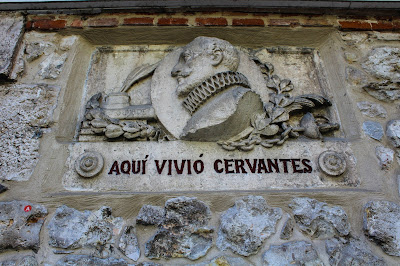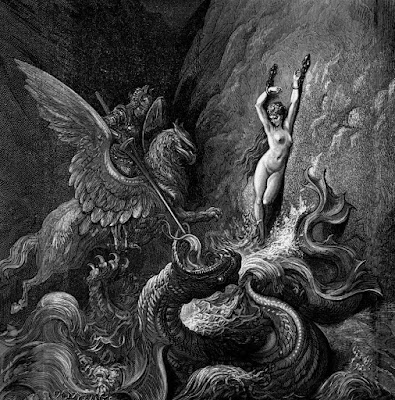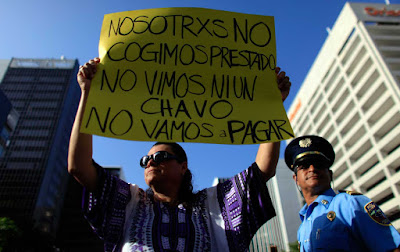She Asked Me With Her Eyes to Ask Again, Hunggan

There is a saying in Chamoru, "mungga masse, anggen ti ya-mu makasse." Don't tease, if you don't like to be teased. It is fairly simple and straightforward, but it is always funny when you find someone who can't handle some of their own medicine, or who has trouble hearing the truth of themselves that their teasing or their negative behavior is meant to hide. That is one of the main reasons that people engage in that type of behavior. Is so that no one will look at me with critical, judging or penetrating eyes, if I keep everyone looking at the faults in someone else. I have always tried to keep myself very distant from superficial people like that. I don't mind it if people are shallow or superficial in general, but I don't want those types of people close to me by any means. But in my dating life, sometimes people slip through the cracks. Often times there are things that I'll see in someone, or at least think I see in someone, but they may not see





